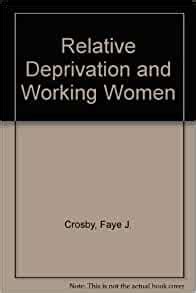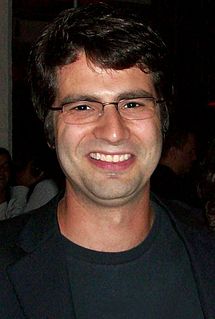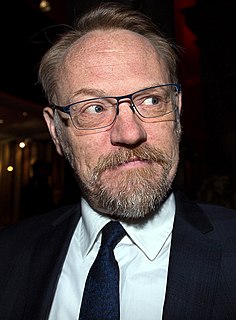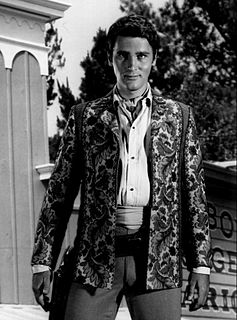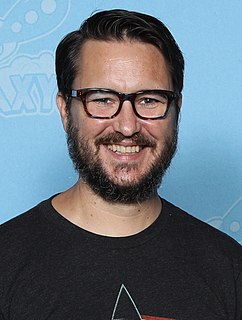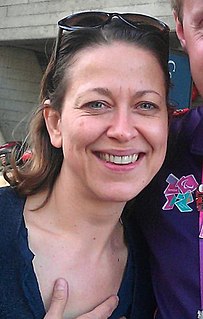A Quote by Deborah Ellis
In refugee camps around the world, I met people who were gone. They were still walking around but had lost so much that they were unable to claim any sort of identity. Others I met found who they truly were, and they generally found it through service to others. They became teachers when there was no school, books or pencils.
Related Quotes
Until I read Anne Frank's diary, I had found books a literal escape from what could be the harsh reality around me. After I read the diary, I had a fresh way of viewing the both literature and the world. From then on, I found I was impatient with books that were not honest or that were trivial and frivolous.
When men and women across the country reported how happy they felt, researchers found that jugglers were happier than others. By and large, the more roles, the greater the happiness. Parents were happier than nonparents, and workers were happier than nonworkers. Married people were much happier than unmarried people. Married people were generally at the top of the emotional totem pole.
I remember one letter from a girl in a midwestern town who read one of my books and thought she had discovered it- that no one had ever read it or knew about it. Then one day in her local library she found cards for one or two of my other books. They were full of names- the books were borrowed all the time. She resented this a bit and then walked around the town looking in everybody's face and wondering if they were the ones who were reading my books. That is someone I write for.
His books were part of him. Each year of his life, it seemed, his books became more and more a part of him. This room, thirty by twenty feet, and the walls of shelves filled with books, had for him the murmuring of many voices. In the books of Herodotus, Tacitus, Rabelais, Thomas Browne, John Milton, and scores of others, he had found men of face and voice more real to him than many a man he had met for a smoke and a talk.
It never occurred to me that there were so many wonderful photos that had been orphaned and were out there in the world, waiting to be found. Over time, I found a lot of very strange pictures of kids, and I wanted to know who they were, what their stories were. Since the photos had no context, I decided I needed to make it up.
At the time in our lives that we met, we had both made our mistakes. If chance would have had it that we would have met at an earlier stage, we might not have had the discoveries together that we did have and found those things in life together that were valuable to us at a later point in life when we were both more mature.
In the earliest years of the AIDS crisis, there were many gay men who were unable to come out about the fact that their lovers were ill, A, and then dead, B. They were unable to get access to the hospital to see their lover, unable to call their parents and say, 'I have just lost the love of my life.'
All the time I was plowing through books on dyslexia, I found myself asking: what if, what if? What if you were a kid the 1950s with this condition, when there were no books on it, when there was no understanding of it. I remember kids in my class at school who just didn't seem to progress in their reading. There was no extra help. People just thought, "Oh, he or she isn't so bright, or they're obstinate."
I found myself at Cambridge, loved my course, and met these amazing people who got me heavily involved. I presumed I would have to go to drama school, but I did a play with my uni friends, who were doing lots of pub theatre in London, and through that met my agent. She said 'Don't go to drama school. I'll get you a job' and two weeks later she did.


